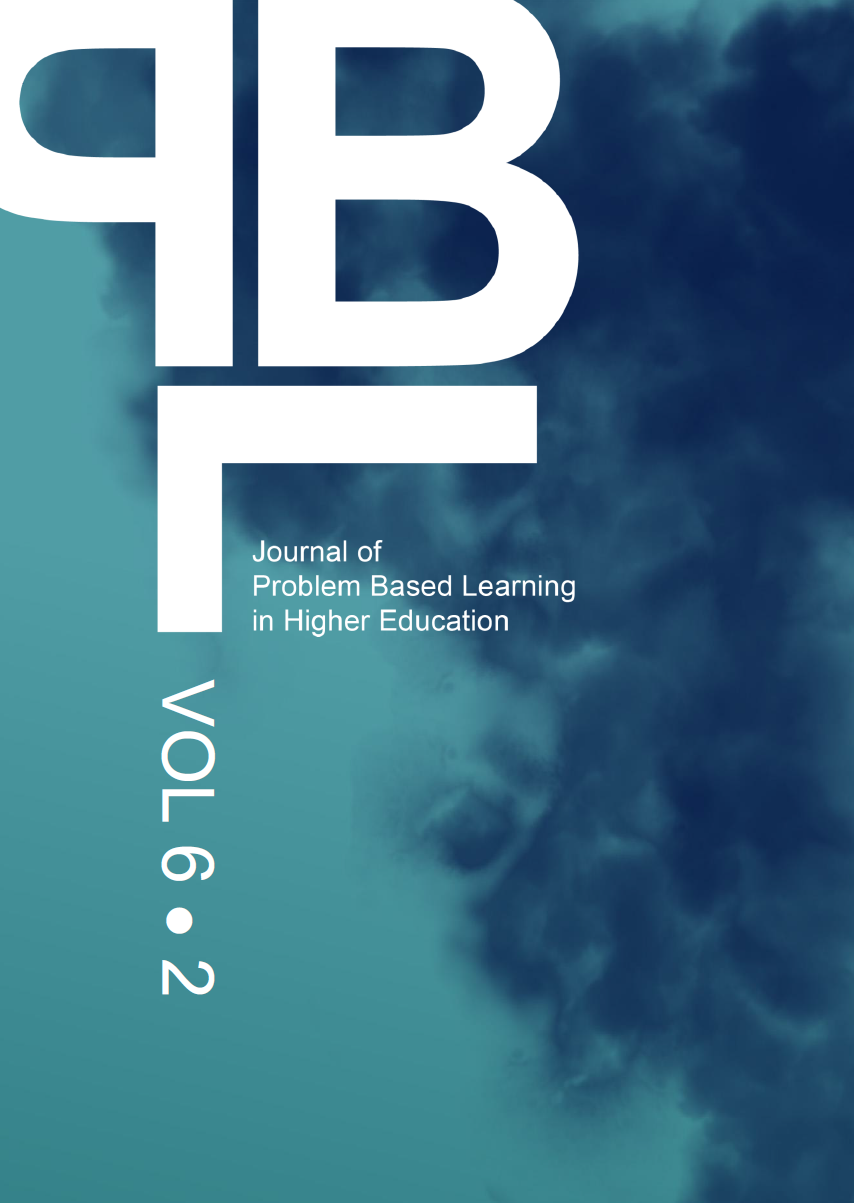Abstract
In this article, we describe a project management course developed in a multi-campus, blended learning environment, with the participation of 14 NGOs. There were 70 undergraduate students involved, from three campuses of the Federal University of São Paulo, Brazil. We discuss how the course was conceptualized, provide an outline of its curriculum and online components, and analyze its successes and failures. To gather data, we used a convergent parallel mixed method approach, and we analyzed this data by means of a systemic analysis.
We found that working with real clients on real projects, in a multi-campus blended learning environment, increases the students’ motivation to learn, develop skills, and complete projects. However, the occurrence of students dropping out of the course is demotivating and stressful to the remaining students and to the community partners.
We also found that the distances involved (between campuses and between campuses and NGO facilities), along with course schedule conflicts, make it difficult to establish rhythms between face-to-face activities and online activities. However, we also found that the intensive use of information technology can help overcome problems caused by distance and course schedule conflicts.
Articles published in Journal of Problem Based Learning in Higher Education are following the license Creative Commons Attribution 4.0 (CC-BY)
Authors retain copyright and grant the journal right of first publication with the work simultaneously licensed under a Creative Commons Attribution 4.0 International License (CC-BY). Further information about Creative Commons
